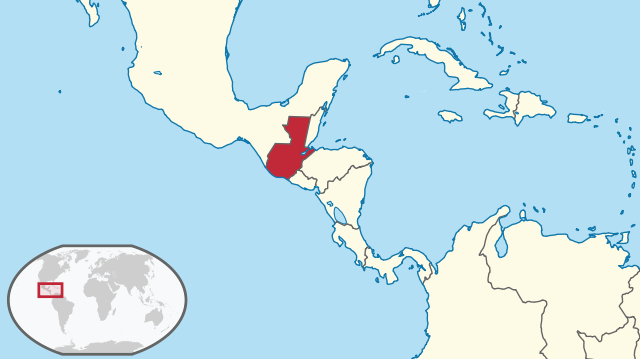Millions are the victims of the neglect of essential policies.
Guatemala is today on the verge of a coup d’état, which has been brewing underhandedly from the presidential palace and the highest levels of its institutions. The manoeuvres leading to the situation that the country is living today have been designed in such a way as to cause legal paralysis and the invasion of the spaces where fundamental decisions are made. To this end, those who administer and manipulate the political mechanisms have installed their accomplices in the Courts, the Legislative Assembly, the Public Prosecutor’s Office and all those key bodies on which the political stability of the nation depends.
From a political perspective, Guatemala can be considered a failed state. Captured by a group of criminals – dubbed the “Pact of Corrupts” for the extent of their abuses of power – the country has spilled out in all development indicators, considered “collateral damage” among today’s politicians. This nation, the richest in Central America, has been systematically plundered during recent administrations, to the point of causing irreparable damage, especially among the youngest and most unprotected. With indices such as IQ ranking it 196th out of 199 countries – one of the lowest rates in the world due to chronic malnutrition – Guatemala’s future development is practically unfeasible and its children and adolescents face a future of misery and deprivation of all kinds.
While this is happening throughout its territory, the political caste and the economic elite are sweeping away all the wealth, turning the nation into a banana republic with no future and no hope of recovery. Hence the surprise that today keeps its centres of power in check: the unexpected emergence of Bernardo Arévalo De León in last month’s elections, a candidate with a strong democratic vocation whose proposal captured the votes of a citizenry fed up with abuses and deceit, and who, surprise surprise surprise, came in second place in the elections.
In an incessant flurry of illegal manoeuvres, the current president and his allies are trying to stop Arévalo’s possible and more than likely arrival to the presidency, aware that from that moment on they will face the action of justice; their accomplices will lose the power they currently hold illegitimately and a stage plagued with obstacles will begin towards the return of the lost institutionality.
All of the above represents such a threat to those who currently hold power that desperate and violent acts by those who are now facing the possibility of losing everything are to be feared. Such a potential scenario could cause a major break in the recent history of a country that has already suffered the ravages of internal war, the abuses of its privileged castes and repression by its armed forces.
Guatemala has the right to decide its own destiny without threats and with the legitimacy granted by its constitutional text. No power-mad criminal should have the power to stop the course of its history, and even less to deprive its inhabitants of a future full of hope. Nor should a blind and voracious economic elite whose fate depends on a healthy and productive society.
Guatemala is torn between dictatorship and a possible return to full democracy.






